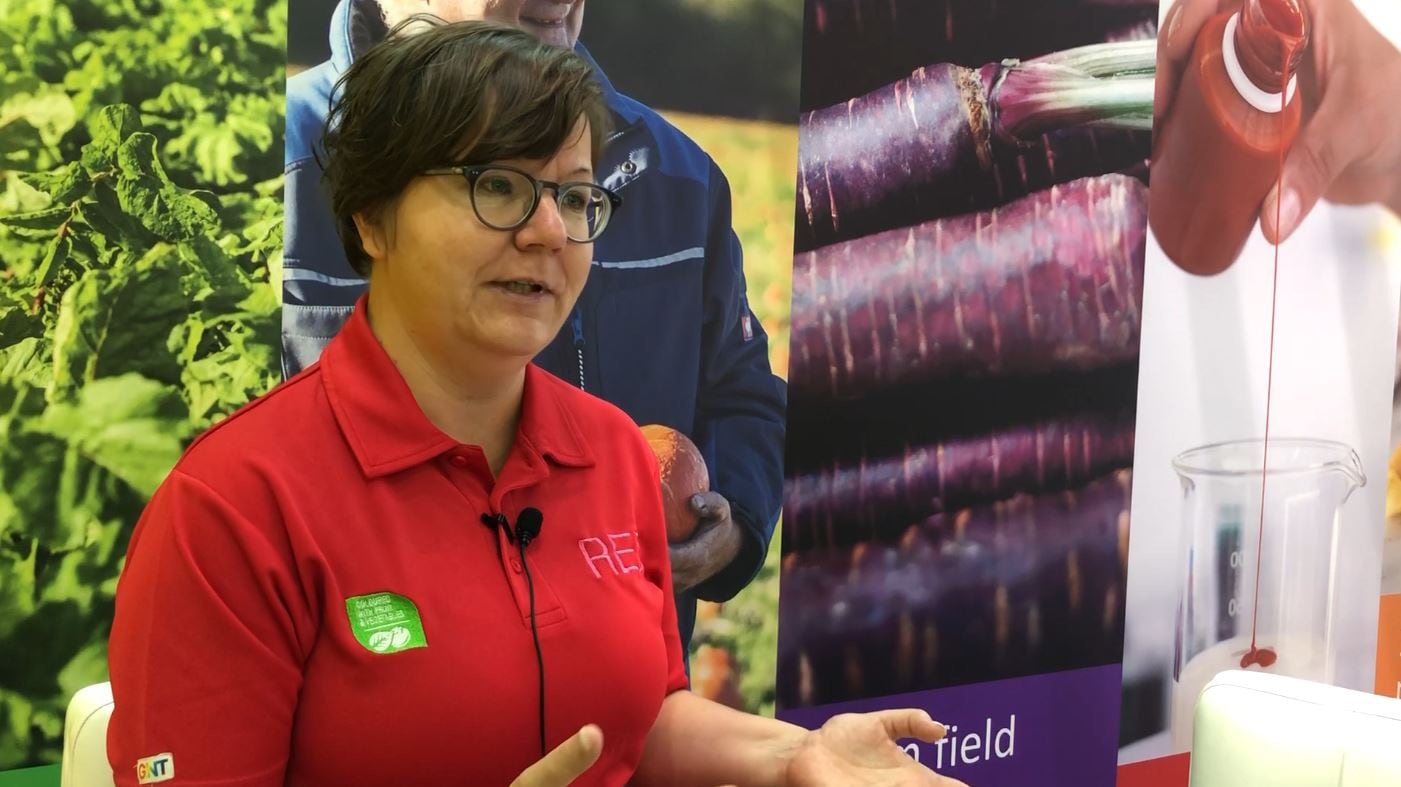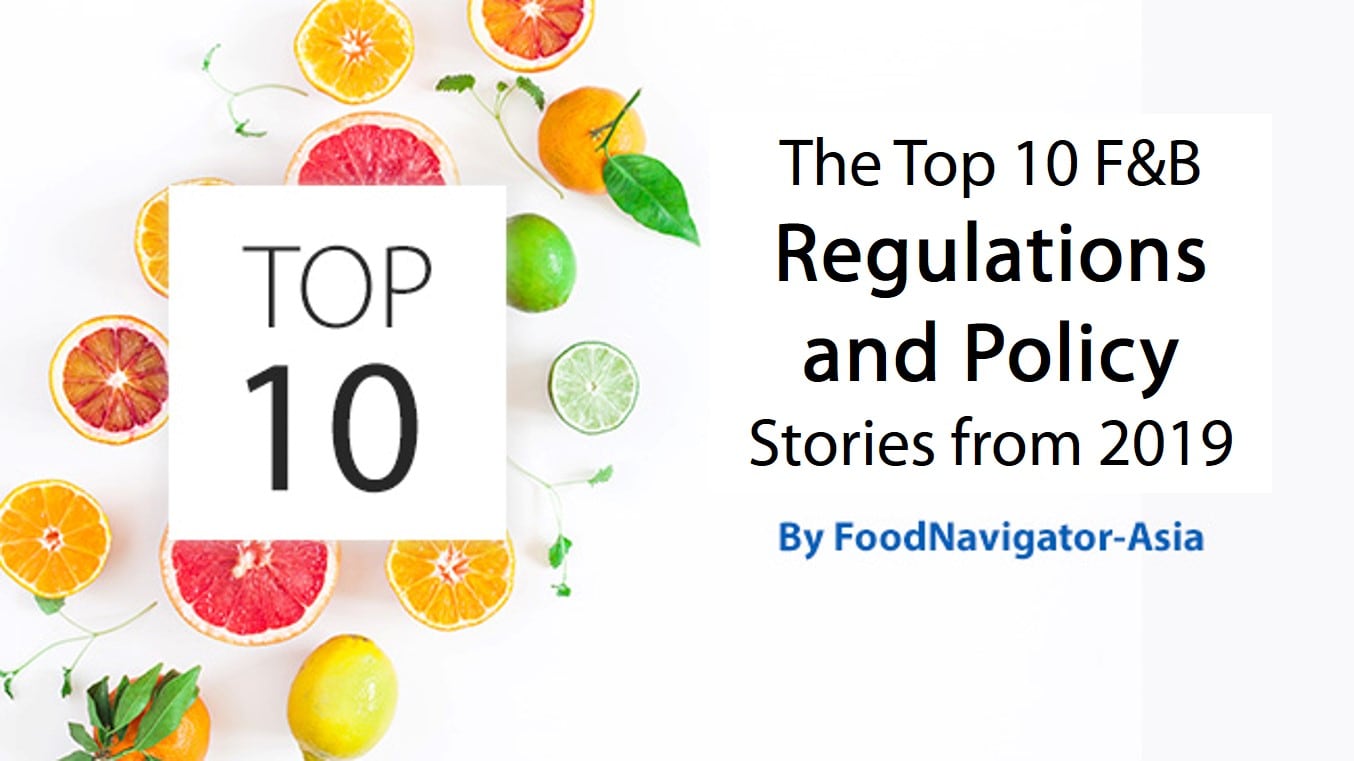The main objective for most of these governments has been to battle chronic diseases such as diabetes and obesity by driving low/no-sugar F&B product consumption. So far, reformulation results in this line appear to be positive - but analytical experts say that it may be dangerous to automatically assume that taxes are what are driving this trend.
“I think we need to be careful of assuming that government taxes have had a direct impact on this, [or to] conclude that they have been the driver of this behaviour,” Nielsen South East Asia Managing Director Vaughan Ryan told FoodNavigator-Asia.
“[Even before many of the implementations], across Southeast Asia, almost always for the last five years, consumers have called out health and wellbeing as one of their top five concerns in Nielsen surveys.
“[So taxes] certainly will play a role, but consumer trends towards healthier, non/low sugar alternatives have been growing for some time now. If anything, it may speed up this trend but will not be the direct cause of it.”
As an example, according to Nielsen retail measurement data up to August 2019 in Malaysia, the low/no sugar drinks market had grown by 24.5% in the last 12 months versus a year ago, compared to just 4.1% for the regular sugar variants.
Malaysia implemented its sugar tax just a month before, on July 1 2019, so it would be difficult to attribute this growth to taxation.
“As much as sugar taxes [have been] implemented by governments around the APAC region, [the] reality is consumers have already been moving towards lower and non-sugar alternatives,” Ryan said.
“So as much as this is being led on the surface by government tax initiatives, consumers are speaking with their wallets and taste buds, as they move to healthier alternatives.”
He emphasised that consumer attitudes and demand for healthier product alternatives have also driven similar behavioural changes in manufacturers and retailers, who have responded by either reformulating and producing more of such products, or dedicating more space to display these.
“We are seeing similar trends across the APAC region, and not just in beverages. For example in Australia, over half of the soft drinks sales are either low/no sugar varieties,” said Ryan.
“Typically it is those that are younger and without children who are driving this trend, but increasingly families are also adopting similar behaviors. Even in categories such as confectionary and milk, we are seeing more products available that offer less or non-sugar alternatives.”
In short, changing consumer behaviour is overall still viewed as more important than taxation in making any positive health impacts, as the impact of these is limited – and there are precedents to attest to this.
“For many years, other categories such as tobacco and alcohol have had similar taxes, and after a short period of downward consumption, usually [demand for] these categories goes back to normal,” said Ryan.
“As much as taxes will certainly play a role, it will be the messaging coming from government programs such as these that will have more of an impact on consumption.”
Differences between APAC countries
Till date, the main difference observed in terms of low/no sugar reformulation between different APAC countries has been range and variety, though Ryan said that this was just part of the market ‘life cycle’ and can be expected to evolve with time.
“What we do see [a difference in] from market to market is the complexity for the products that are ranged in more developed markets is certainly higher, so in countries such as Australia and Thailand,” he said.
“The amount of items on the shelves in these two countries is significantly higher than say Vietnam or Myanmar, but this is changing and is simply part of the life stage of most markets.”
That said, a lack of awareness was highlighted as a major challenge for sugar taxes to make any ‘significant impact’ in Asian countries – a situation which might require drastic moves such as price increases to modify.
“For example, in Thailand we don’t see any clear consumer behaviour change coming from the sugar tax. The main reason here is that there has been little to no impact on price. Most retailers or manufacturers have worn the tax increases to date, with the exception of RTD coffee and RTD tea,” Ryan explained.
“We found in a recent study in Thailand that less than half the people were aware of the initial sugar tax. So unless manufacturers decide to increase their prices, which may eventually happen, we won’t see any major impact on consumers.”
That said, more sugar tax enforcements can still be expected in the region moving forward.
“We will certainly see more countries [enforcing sugar taxes], and those already implementing them increasing their taxes in this area,” said Ryan.





